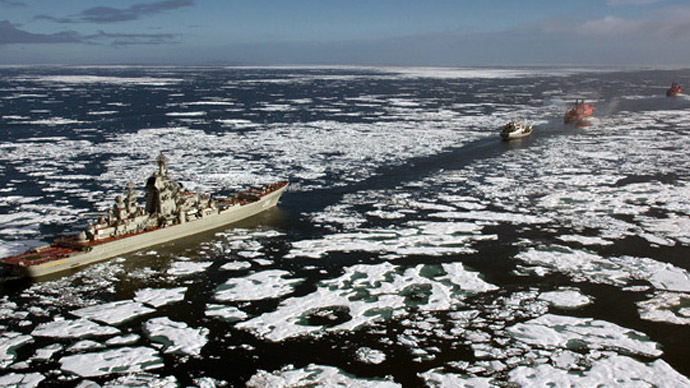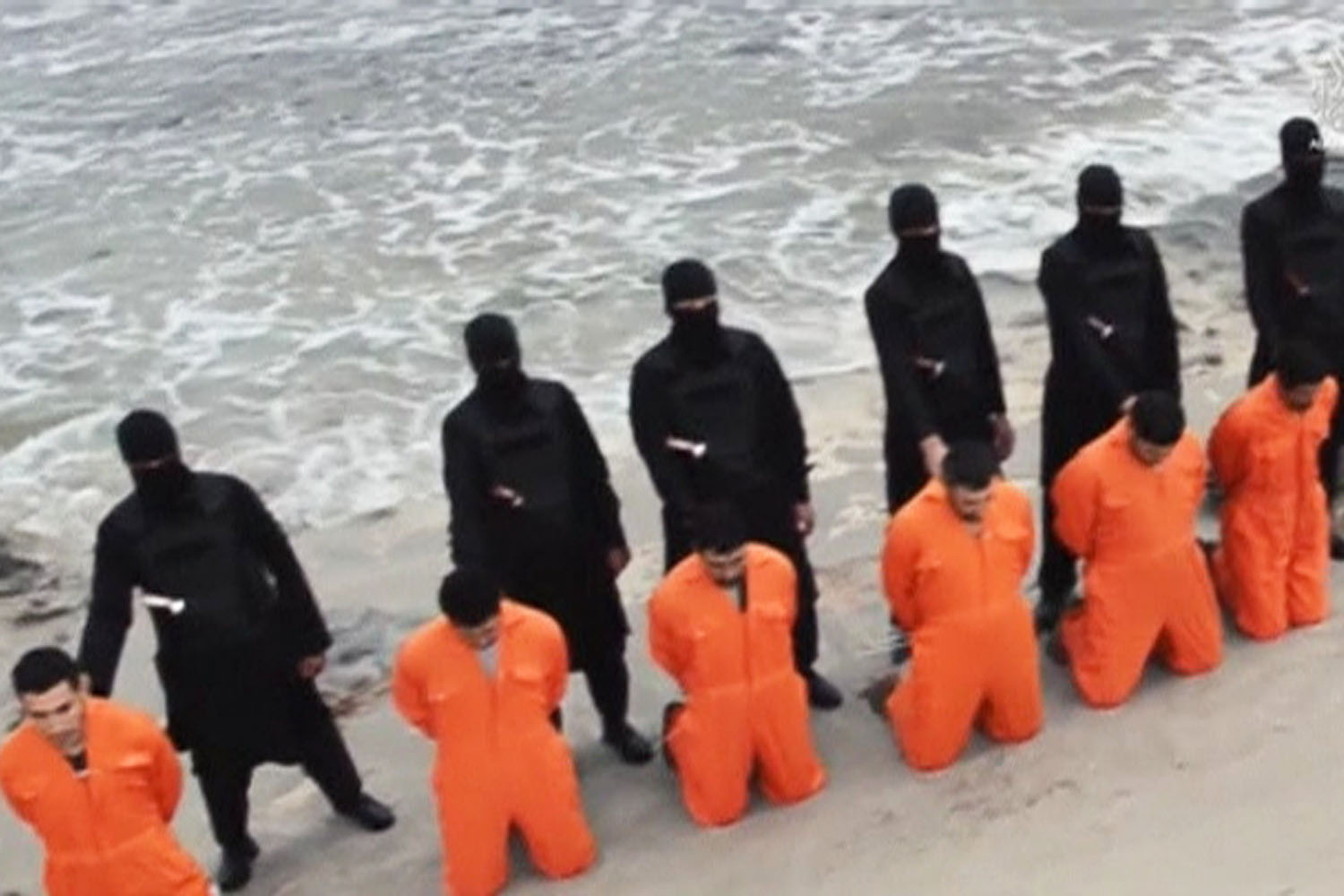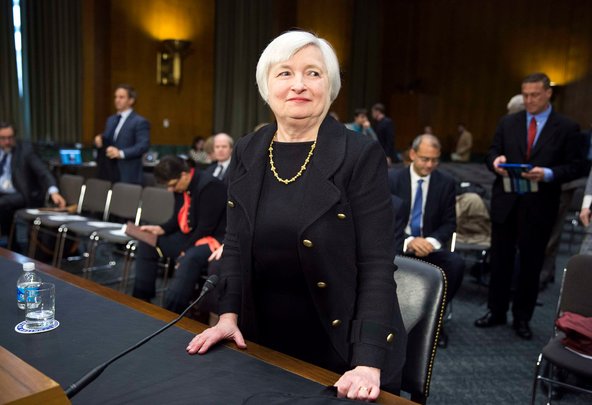As the situation in Ukraine continues to worsen following Russia’s annexation of Crimea, the western world is faced with the balancing act of imposing sanctions on Russia, while trying to shore up the new government of Arseniy Yatsenyuk. The price of the crisis has been the severing of nearly all links between Russia and Western countries. Canada has been a part of the trend, recalling diplomats from Russia, passing sanctions against Russian officials and, most notably, stopping cooperation with Moscow in the Arctic Council.
The Arctic could become a critical region for security once again as part of the fallout from Ukraine, and it is in Canada’s best interest that the region remains stable.
NATO has responded to the Ukraine crisis through the deployment of more forces and equipment along its periphery and close to Russia. Approximately two weeks ago suspended its participation in an Arctic Council meeting in Moscow, which concerned the task force on black carbon and methane. The cited reason for doing so was events in Ukraine.
Relations between Russia and the West have been frequently problematic and occasionally downright hostile in the past, but maintaining a diplomatic link is critical if we are to preserve stability and peace in international relations today. The Arctic could become a critical region for security once again as part of the fallout from Ukraine, and it is in Canada’s best interest that the region remains stable – and that goes through diplomacy with Russia.

Russia is making some significant moves in the Arctic. At the end of 2013, Russia’s defence minister, Sergey Shoigu, announced the creation of a dedicated and integrated Arctic command in 2014, which includes a call for the restoration of existing and investment into new infrastructure and equipment to operate in Arctic conditions. Moreover, President Vladimir Putin announced the creation of a naval base system in the Arctic, which would integrate naval vessels and submarines, but also merchant ships and icebreakers, for the effective management of traffic in the region – it is projected that traffic through the Northern Sea Route will increase to 4 million tons by 2015. These events are in line with Russia’s Arctic strategy, adopted in 2009.*
From a strategic and commercial point of view, the Arctic is a foremost priority for Russia, not just because of the extra-regional interests in it, but also because it is one of the foundations for Russian resource and energy sovereignty. Russia has a two-pronged strategy for the development of Arctic deposits of oil and gas: diversification through technology and production, and the expansion of multinational partnerships. However, both are at risk because of the situation in Ukraine.
Moscow’s approach to developing the Arctic is partnering with foreign companies in an investment-for-stake framework. One of the flagship relationships is that between OAO Rosneft and ExxonMobil on an offshore Kara Sea deposit, east of Novoya Zemlya, estimated to be worth $900 billion at current prices.
Due to its importance to both Russia and several NATO members, the Arctic has the potential to become a problem area. Military exercises may be held more regularly. Russian and Alliance pilots may intercept one another frequently, and the expanded Arctic Council could see other major and emerging powers become involved on behalf of their political and economic interests in the Arctic. Therefore, Canada’s place is at the literal and figurative crossroads of Arctic geopolitics means that Ottawa cannot afford to remain distant or ignorant, as Rob Heubert, of the University of Calgary, also aptly points out.
Alongside the sore questions about Canada’s ability to monitor its vast northern reaches there is an even more important query about the ability of Canadian diplomacy to preserve stability and peace in the Arctic – this time, with far-reaching greater implications about peace in Europe and averting another deep freeze in East-West relations for 50 years. The Arctic Council would be among the most effective instruments toward this end, but it remains to be seen whether Stephen Harper’s government has the capacity to lead Canadian foreign policy through a very sensitive passage.
*Original in Russian, use online-based translator for English version.




